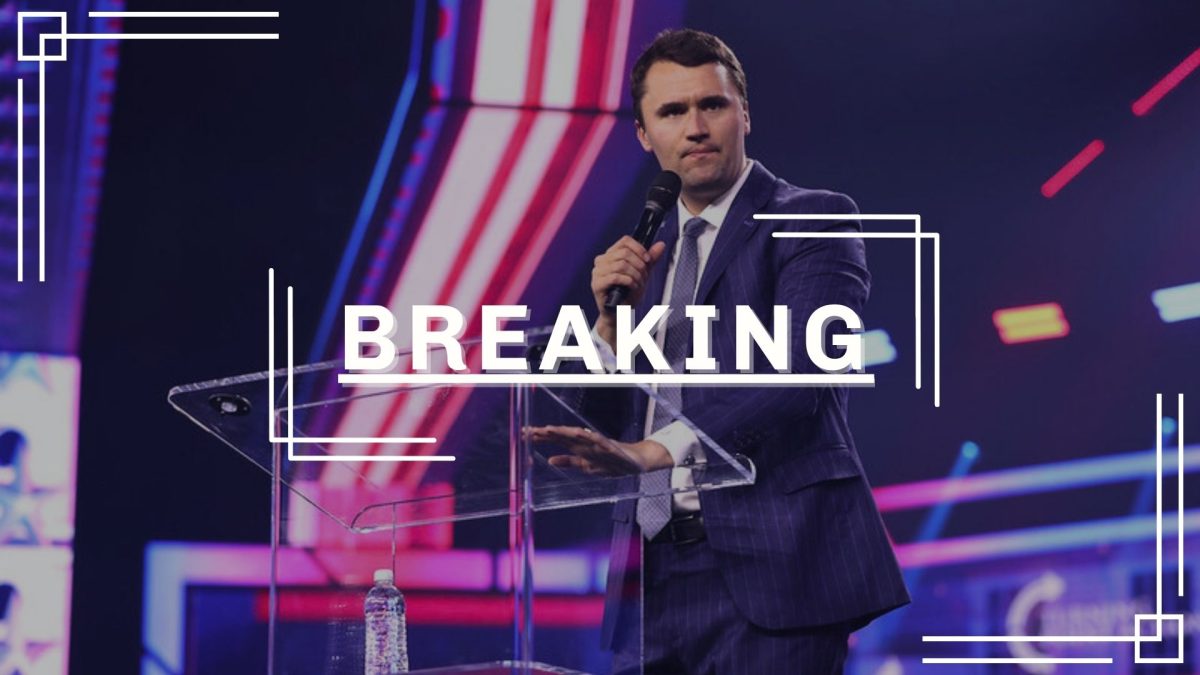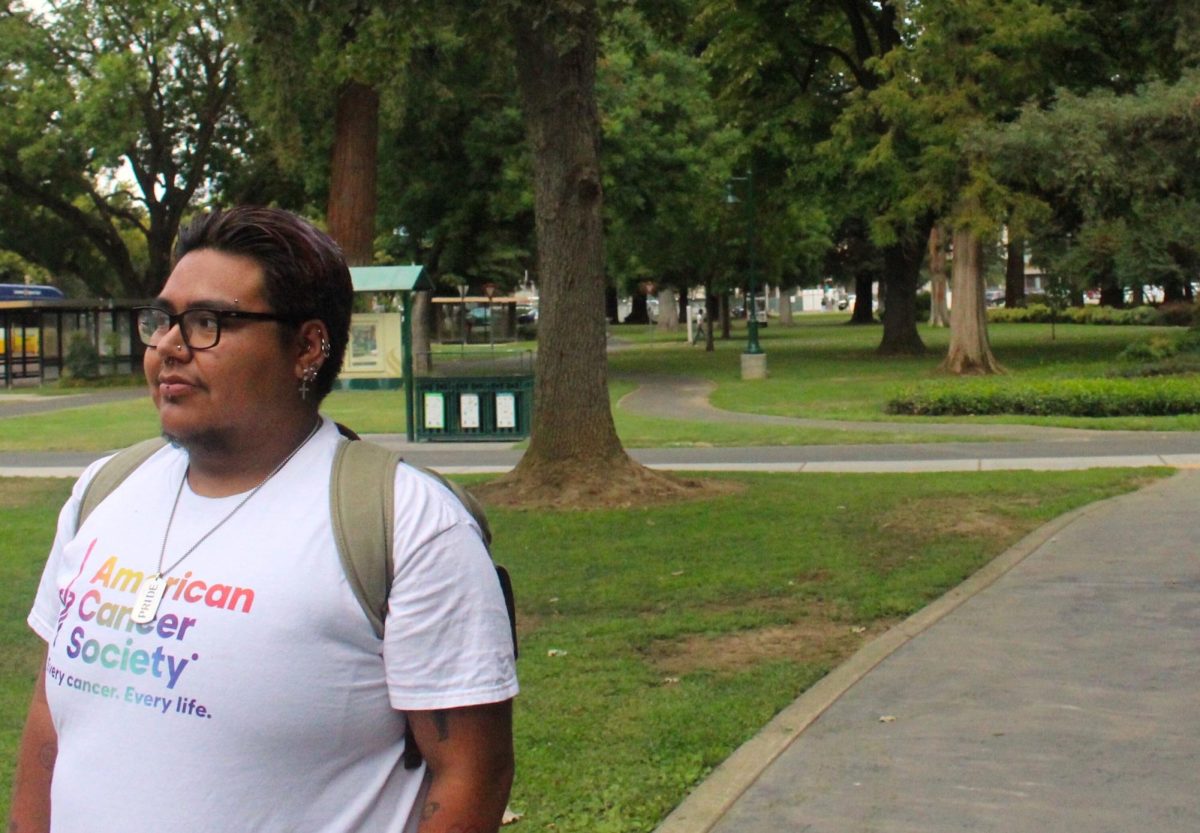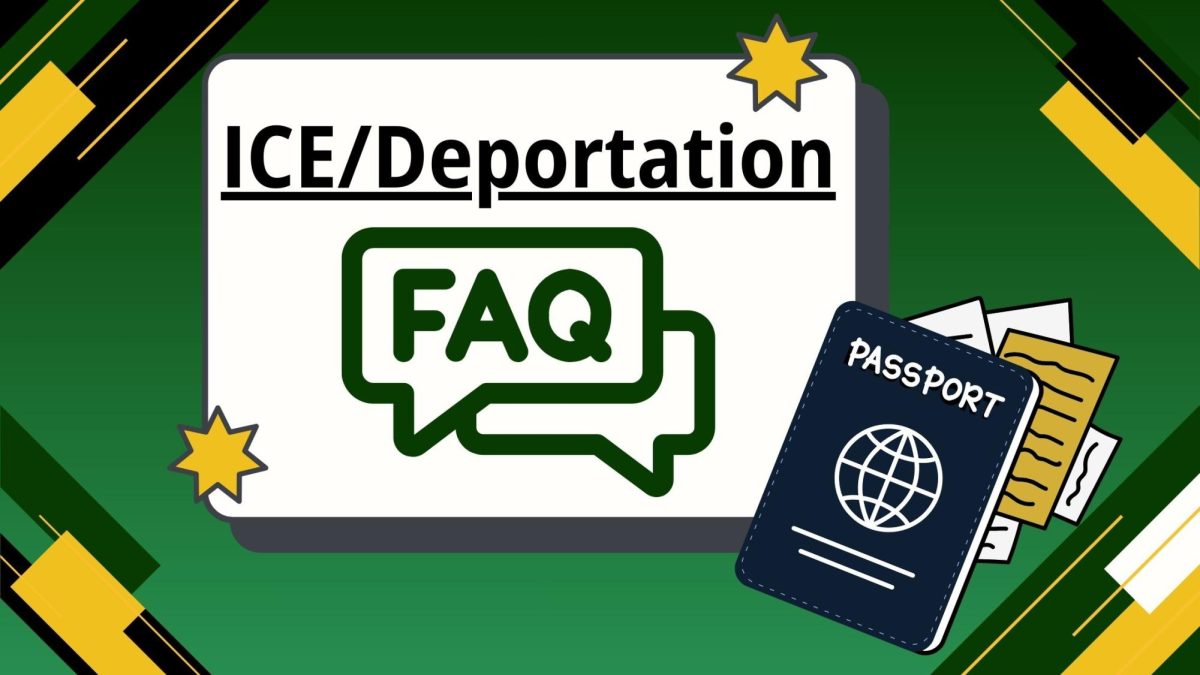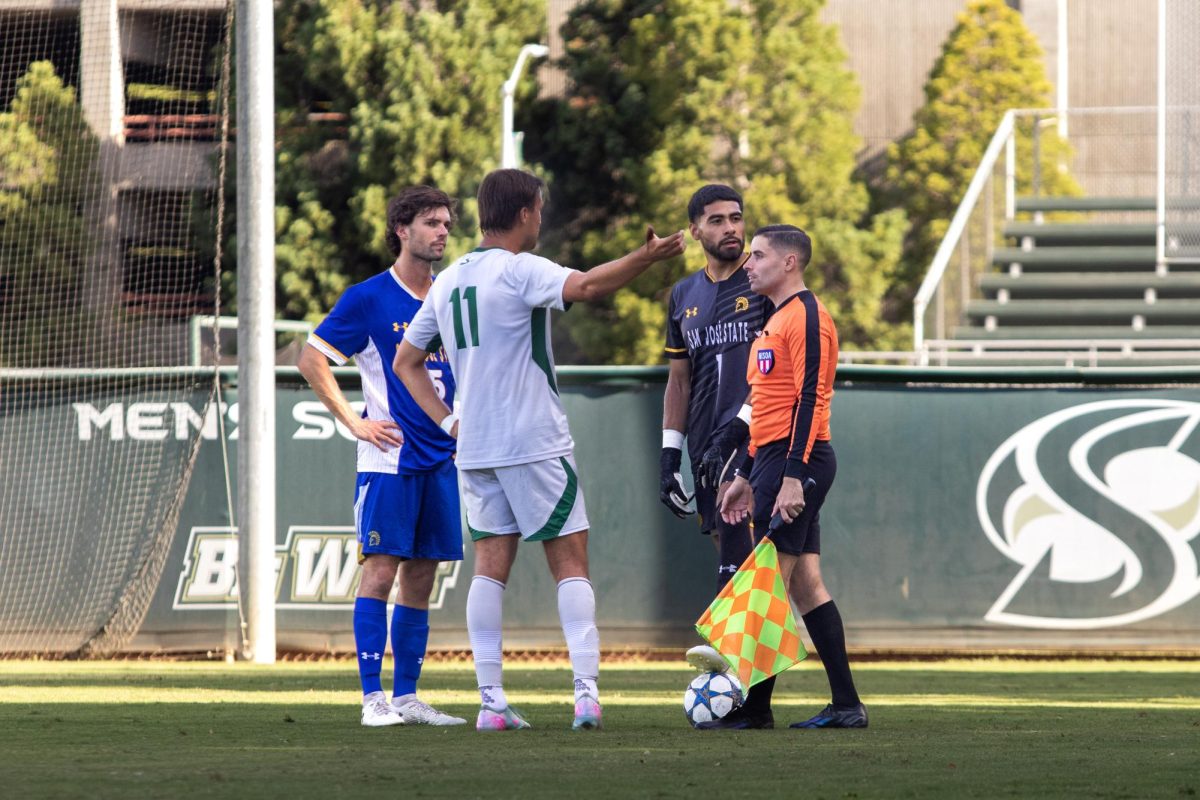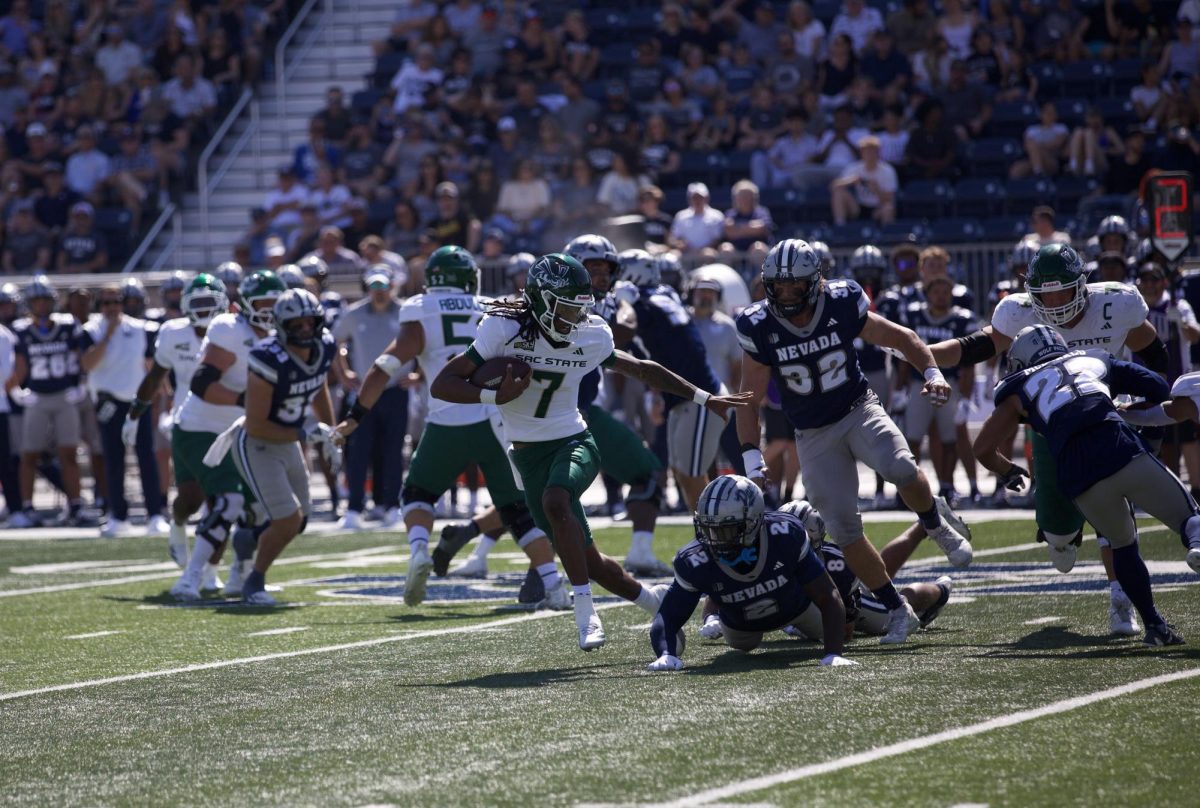EDITORIAL: Sacramento State voter guide to propositions
October 4, 2012
Prop. 30
Prop. 30 will increase the income tax of earners over $250,000 for seven years creating four high-income tax brackets and increase the sales and use tax by a quarter of a percent for four years. The tax for earners in the $250,000 bracket will increase to 10.3 percent, for those who earn $300,000 it will increase to 11.3 percent, for those who earn $500,000, it will increase to 12.3 percent and for those who earn $1 million, it will increase to 13.3 percent. The income tax is at 9.3 percent right now for everyone. The sales and use tax is will increase to 7.5 percent from 7.25 percent which will last for four years. Gov. Jerry Brown has said the money will go to schools even though it is not written in the actual ballot.
Pros:
– Estimated revenue if passed is about $6 billion
– Only high-income earners are taxed more
– Increase in taxes are only temporary
Cons:
– Money is not guaranteed to be used to help schools four-year universities
– Does not reform education, just helps out monetarily
– Tax increase will make California the highest in income taxes
This editorial board is voting yes on Prop. 30 because it helps all levels of schools. Not just K-12 schools but community colleges and universities, because if it doesn’t pass, there is a trigger cut that will take place raising our tuition at Sacramento State by another $150 for every student. However, if it does pass, the 9.1 percent increase students all paid this semester will be retracted, lowering tuition. Even though there is nothing in the proposition designating the increase is completely going all to schools, Brown has assured it will.
Prop. 38
Prop. 38 is similar to Prop 30 in it increases the income tax. However, Prop. 38 increases the sales tax on everyone who earns more than $7,316 annually. The increase is a sliding scale starting at .4 percent for the lowest earners and ending at 2.2 percent for the highest earners. For the first four years, 60 percent is allocated to K-12 schools, 30 percent to repaying the state debt and 10 percent to early childhood programs. After those four years are up, 85 percent will go to K-12 schools and 15 percent to early childhood programs.
Pro:
– Estimated $10 billion in revenue from tax increases
– Exclusively will go to schools
– Everyone is taxed, not just high-income earners
Con:
– Will not take place immediately
– Taxes the poor
– Increase will last for 12 years
While the estimated revenue is higher in Prop. 38, the big problem is the increase is not instant. It’s going to take about a full year for the money to start hitting schools while Prop. 30 is almost instant. It is also harder on low-and-middle-income households, leaving them with a heavier burden for 12 full years. It’s also bad when the Republican and Democratic parties are against this proposition. Since both can’t pass, Prop. 30 does more for all forms of education, from K-12 to higher education, so we pick Prop. 30.
Prop. 39
Prop. 39 will change the way out-of-state businesses calculate their income tax liability. The way it is now, businesses can chose a formula heavily favoring them when calculating income tax in California. Prop. 39 makes a standard for all out-of-state businesses by repealing the old one.
Pro:
– Estimated $1 billion in revenue from new tax law
– $550 million dedicated for five years to creating clean and energy efficient jobs
– Remaining money to be used for schools and colleges
Con:
– Truthfully, none
While it may seem Prop. 39 does not affect Sac State students, it does. Many of the new jobs created from this bill could be for students majoring in business, environmental studies and engineering. The other reason to vote yes is it makes out-of-state businesses pay their part in the California tax system. For many years businesses have been using California and not paying at all into the tax system, Prop. 39 fixes this. It also helps that some of the money is going to help out schools which we should all be for.



